Check out the highlights from the São Paulo Stage of the Digital Citizenship Congress 2025! 🚀
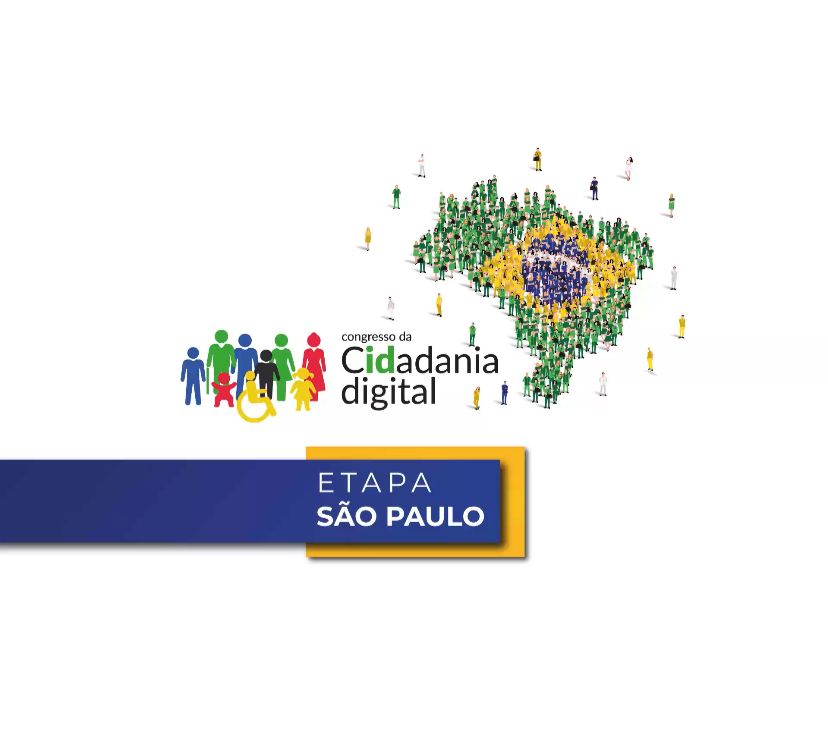
An event that showcased the joint efforts of the state of São Paulo, the Federal Government, and public and private institutions, all working for the benefit of the Brazilian people. All together for a modern, secure, and citizen-centered Identification System 🇧🇷 🎯 Next stop: Brasília!September 24–25 📌 Register for free: congressodacidadaniadigital.iti.gov.br
Digital Citizenship Congress 2025 – São Paulo Stage highlights advances in Brazilian civil identity and digital security

The city of São Paulo hosted, on July 30, the preliminary stage of the Digital Citizenship Congress 2025.
The official website of the Digital Citizenship Congress 2025 is now live!
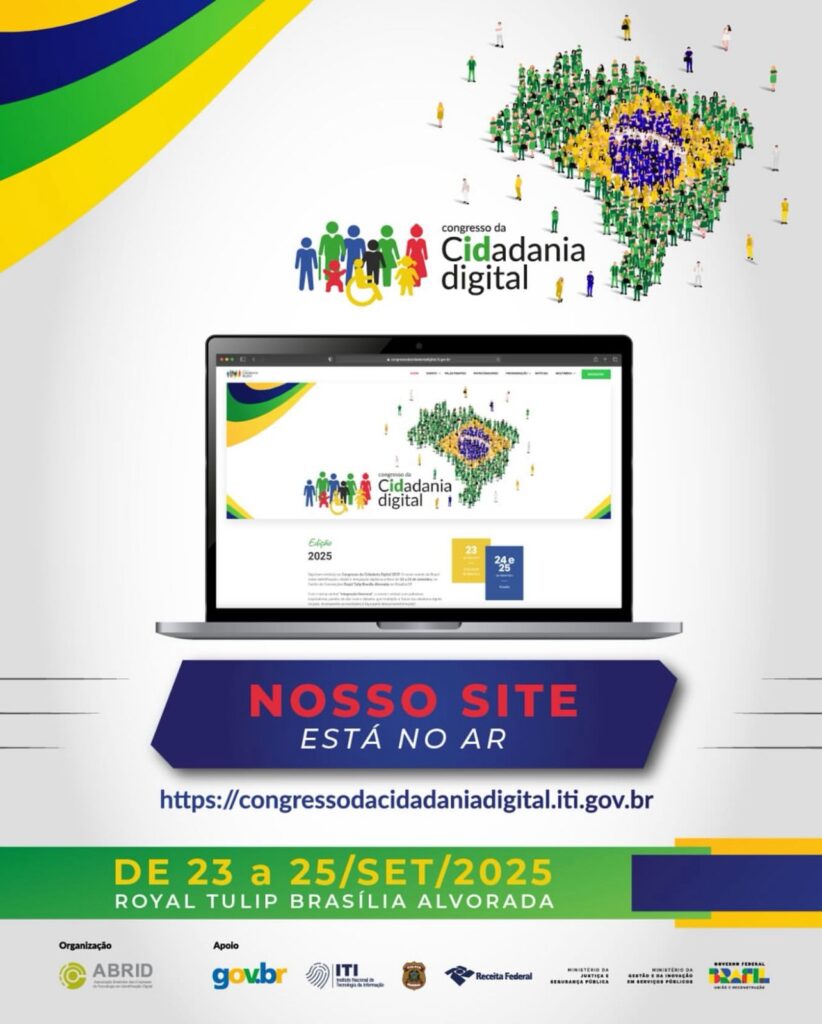
Now you can access the new portal for the biggest event on digital citizenship and identification in Brazil.
Meet those who are with us at the 2025 Digital Citizenship Congress.

It is with great pleasure that we present the institutions standing by our side in building the 2025 edition of Brazil’s largest event on citizenship and identification.
Esther Dweck at Fiesp: State transformation is underway and goes beyond administrative reform
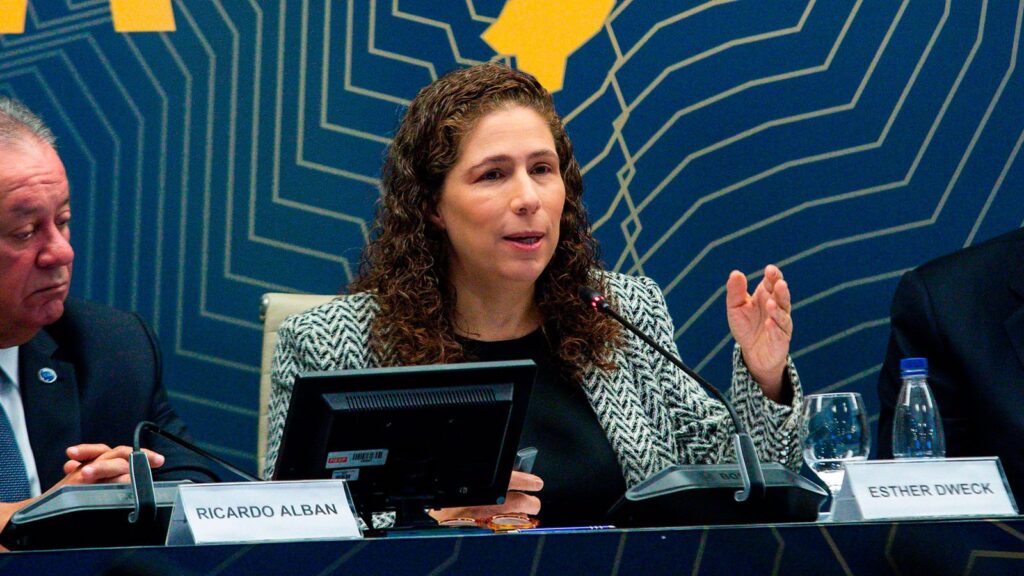
The Minister of Management emphasized that the government seeks to modernize public administration through dialogue, transparency, and valuing public servants, without reducing the role of the State.
Children and Teenagers Set National Record for Issuance of the New National Identity Card (CIN)

Trust in New Technologies and the Need for First-Time Issuance Drive Youth Adoption
ITI HAS A NEW DIRECTOR OF IDENTIFICATION TECHNOLOGIES
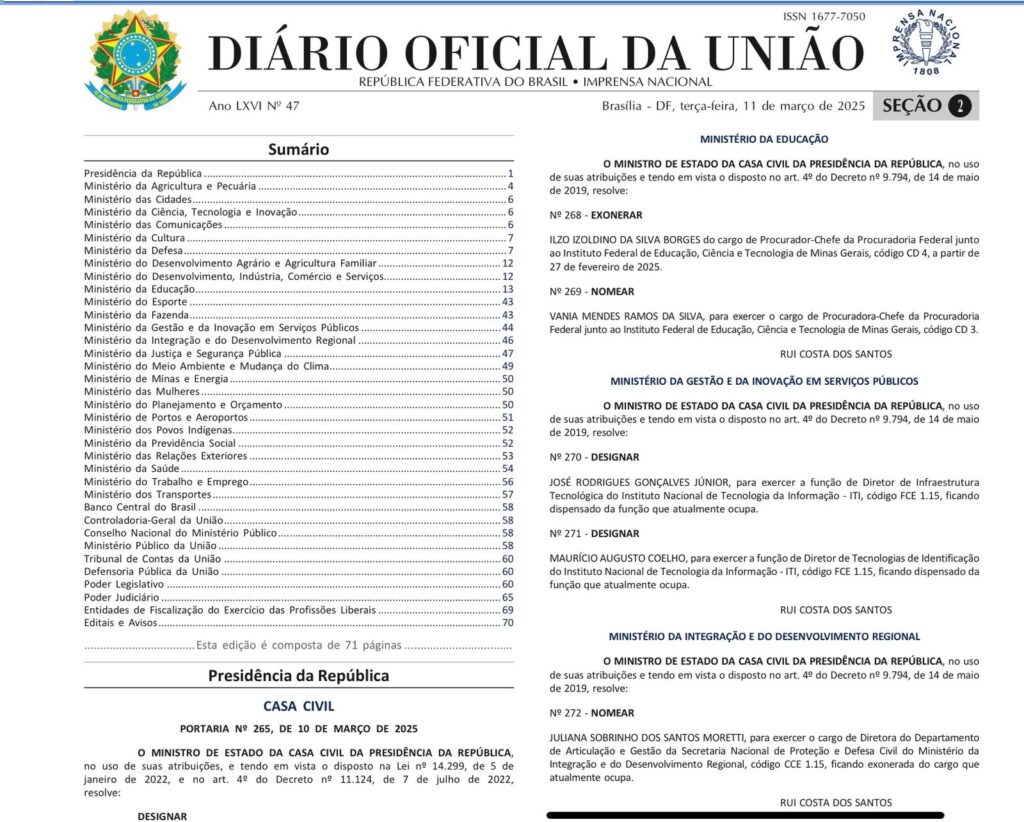
The appointment of Maurício Augusto Coelho to the position of Director of Identification Technologies at the National Institute of Information Technology (ITI) was published today, 03/11/25, in the Official Gazette of the Union.
Launch of the 2025 Digital Citizenship Congress

On December 18th and 19th, Brasília hosted the official launch of the 2025 Digital Citizenship Congress, established as the largest event in the field of identification and citizenship in Brazil.
Bruno Mars receives a giant National Identity Card at his final show: ‘Bruninho belongs to Brazil’

The Ministry of Management and Public Innovation’s profile shared behind-the-scenes footage of the creation of the symbolic document for the musician.
`New ID´: government plans to issue 150 million documents by 2026; see how to obtain it.
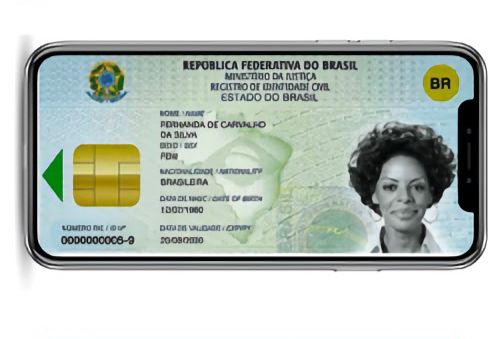
The Minister of Management, Esther Dweck, stated that the government wants to expedite the issuance of the National Identity Card, which unifies ID cards with a unique number, the CPF, aiming to reach 150 million issued cards by the end of President Luiz Inácio Lula da Silva’s (PT) term in 2026.

